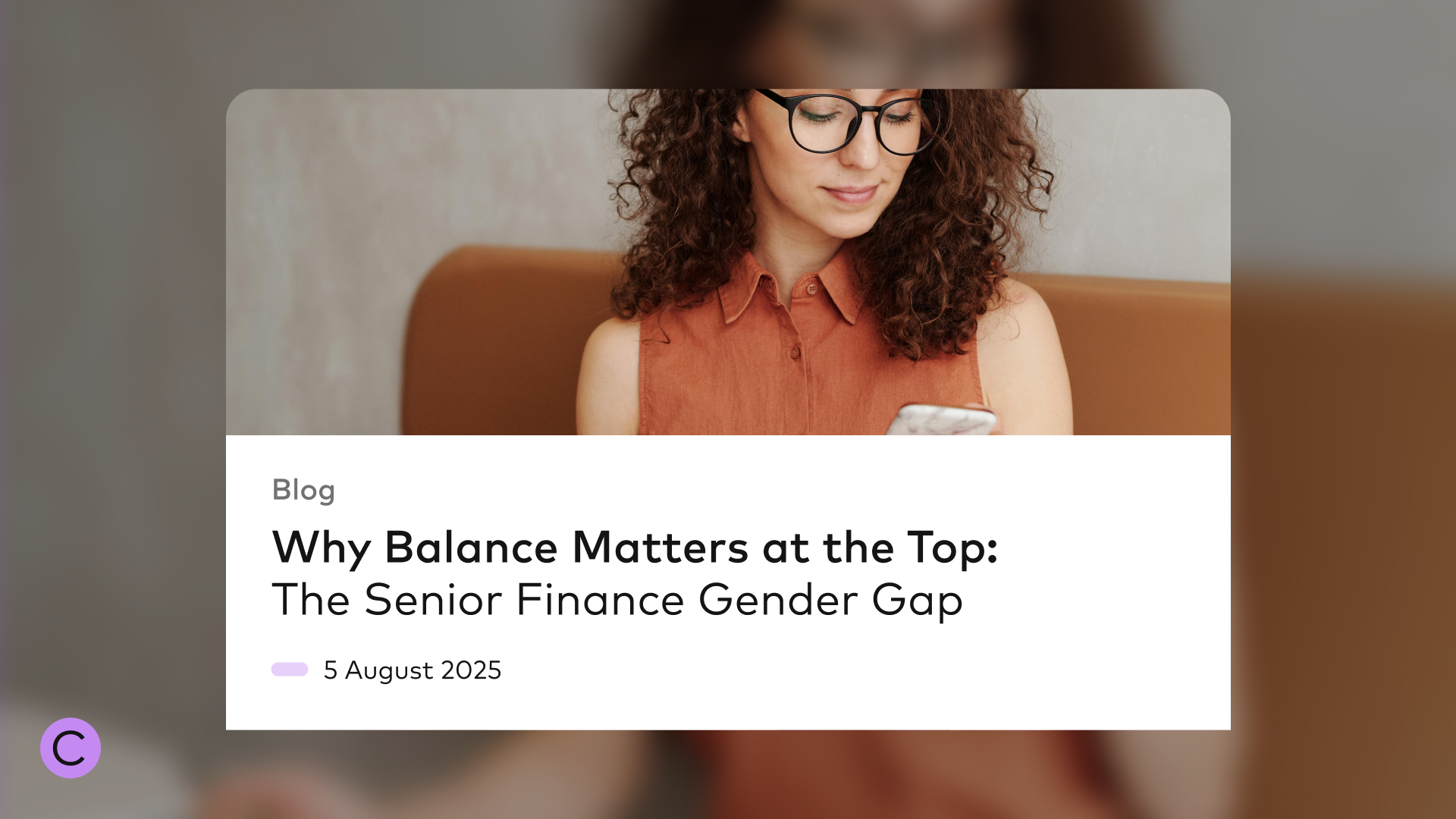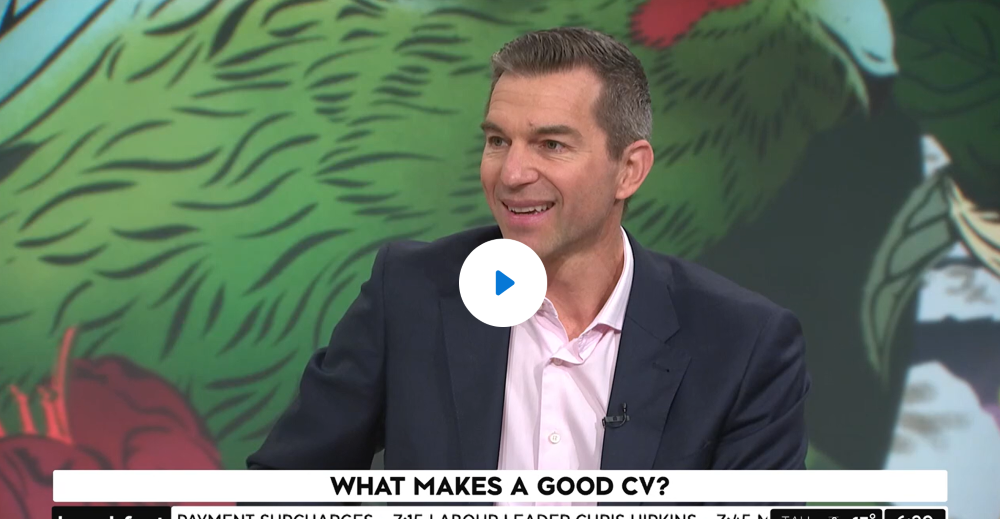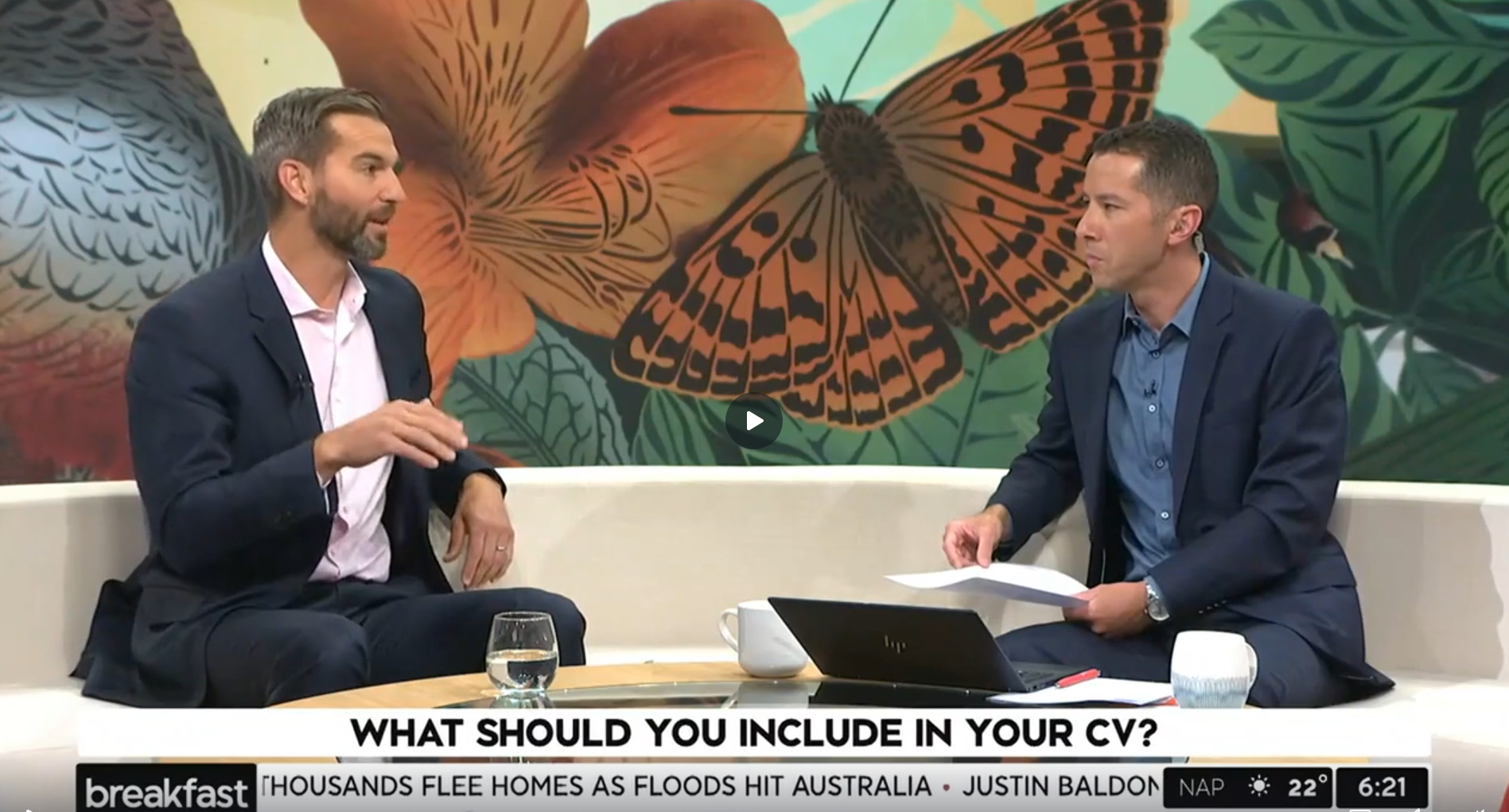February 12, 2024
Inclusive Interviews: Favouring Those You Like Over Those You Need?
by
Tony Pownall
Good news, making your interview more neuro-inclusive isn’t difficult. In fact, you’ll see from the below none of the suggestions are particularly hard to implement. There is no one silver bullet, but instead a few minor changes to the way (and place) you prepare and communicate with the candidate.

The two issues you will have however are:
Unconscious bias: We’re going to subconsciously judge someone based on our bias or conditioning. We can’t help it, we’re human. Try to bring those judgements into your conscious in the interview so you can apply some logic to them and dismiss those judgements that have no bearing on the role – bias towards what’s critical to perform the role is good but any other bias is bad.
Personally, I acknowledge my initial judgements, write them down on my interview guide, and then review them at the end to see if they are relevant to the role requirements, and whether the other 99% of our time together has changed my view.
Habits: Experienced recruiters and hiring managers will develop a style, structure and set of questions over time that you’ll want to default to. Old habits die hard.
For both reasons I recommend creating an interview guide for each role type. We should always interview with a structure anyway, so stop winging it. Being consistent allows us to compare the quality of answers better, (I even score the competency answers out of 5). So add some rigour to what can be too loose and subjective.
There is more good news though. Adopting these suggestions will make for a better experience for everyone and all cognitions. In other words, you should adopt these practices as standard. All job seekers will feel more comfortable and better able to represent themselves at interview. Afterall, only a small percentage of people are masters at selling their abilities under pressure.
Before the interview
Send the interview confirmation in writing. Retaining or recording verbal information on time, place and other logistics for an interview is hard. When you do, best practice is to also include information like:
- Building accessibility
- Parking
- Dress code
- Who they are meeting
- Interview structure
- An offer to bring their notes
- The interview questions, or at least the skills and competencies you want to explore with them.
The last one is the hardest and requires you to know what you’re looking for and therefore what you want to ask. So, it does require you to be more structured and prepared than you might be used to. If you’re thinking that seems like cheating, ask yourself: when was the last time a manager (or worse a stranger) sat you in a room and grilled you with a set of questions, expecting pithy answers on the fly – it doesn’t happen in real life, so why in an interview? (And if it does, call us, maybe it’s time for another role?)
Environment
Be aware that a good number of people will be distracted and may struggle to concentrate in a room that is loud or visually stimulating. While a cafe is a great place for a more informal 2nd or 3rd meeting, it doesn’t work for a first or formal interview. Meeting rooms with glass walls are also not ideal.
First impressions and introductions
Eye contact and handshake can be classic turnoffs. But how important is that in the role they’re interviewing for? Maybe it’ll help in face-to-face sales but phone-based customer services? data science? accounting? DevOps? Many of the world’s greatest innovators and entrepreneurs would fail your first impressions test, so let it go.
Introduce yourself, the business and role. This seems obvious but it’s not that common. Doing so relaxes the candidate and builds their engagement in the opportunity. So, take 10 minutes to share your story and that of the company. You should also take a further 60 seconds to outline the agenda for the interview. After the intro’s I always tell candidates my agenda, namely:
- Their motivations and what’s important for them
- Their skills and experience as they relate to the role
- Questions to understand how they operate (aka competency-based questions)
- Their questions, your feedback, and next steps.
Part 4 is more important than it seems – it allows them to park their questions knowing they’ll have time at the end.
Keep the language straightforward and specific:
Avoid vague questions, corporate speak or talking in metaphors. Sometimes we don’t realise we’re doing it.
"Tell me about yourself” is a common, innocent mistake. Where do you want them to start? What do you actually want to know?
“We’re looking for a rockstar" might mean something obvious in your head but not in many others.
Competency Based questions are fine if they are clear and simple.
They still work but it’s easy to make these long and cumbersome and therefore hard for any candidate to know what behaviour you’re trying to assess. For this reason, I’ve simplified my questions over the years to state the behaviour upfront.
For example: “This is a very busy role with a lot of conflicting priorities” Where have you faced this before? Can you give me an example that shows you can be effective in this situation? Good, simple and specific competency questions are harder than they seem. Avoid making them up on the fly, as they should be in your interview guide. I also often provide questions to my clients to help them with this.
Give people time and space to answer
Make them feel comfortable. It should be a structured and exploratory conversation, but not an interrogation. Give them permission to ask clarifying questions and rephrase the question if you get a blank stare back (there is a good chance your question was poor anyway). Very few people can think of an example and constructing a story around it on the fly.
Give them real time feedback
Everyone doubts themselves to some degree and craves feedback. If you think they did well in part or all of the interview, tell them. Equally if you felt they missed the mark with any answer you could let them know too. You’re helping them improve in an environment most people aren’t well practiced in.
Ask them what accommodations or support they need to thrive in a role and what has and hasn’t worked in this regard previously. I’ve found neurodivergent job seekers more self-aware than the average (although more likely to dwell on their weaknesses than super-powers). This is a great question to ask anyone as it shows that you’re people centric and care about setting them up for success. You may not be able to accommodate everything but at least you’ve asked and listened and that’s most important!
Formal panel interviews
Be careful with these. I get the benefit of engaging other stakeholders to save time but they’re super intimidating and harder to build rapport for both sides. So, you’ll need to work a bit harder to make the candidate relaxed. Getting each panel member to introduce themselves and ask a question will help but you’ll need to be organised about who will cover which aspects prior. It’s a different story with a ‘coffee chat’ as the setting and expectations a more relaxed and informal.
Want to discuss the above or share your ideas for better, more neuro-inclusive interviewing? Drop me a note here.




